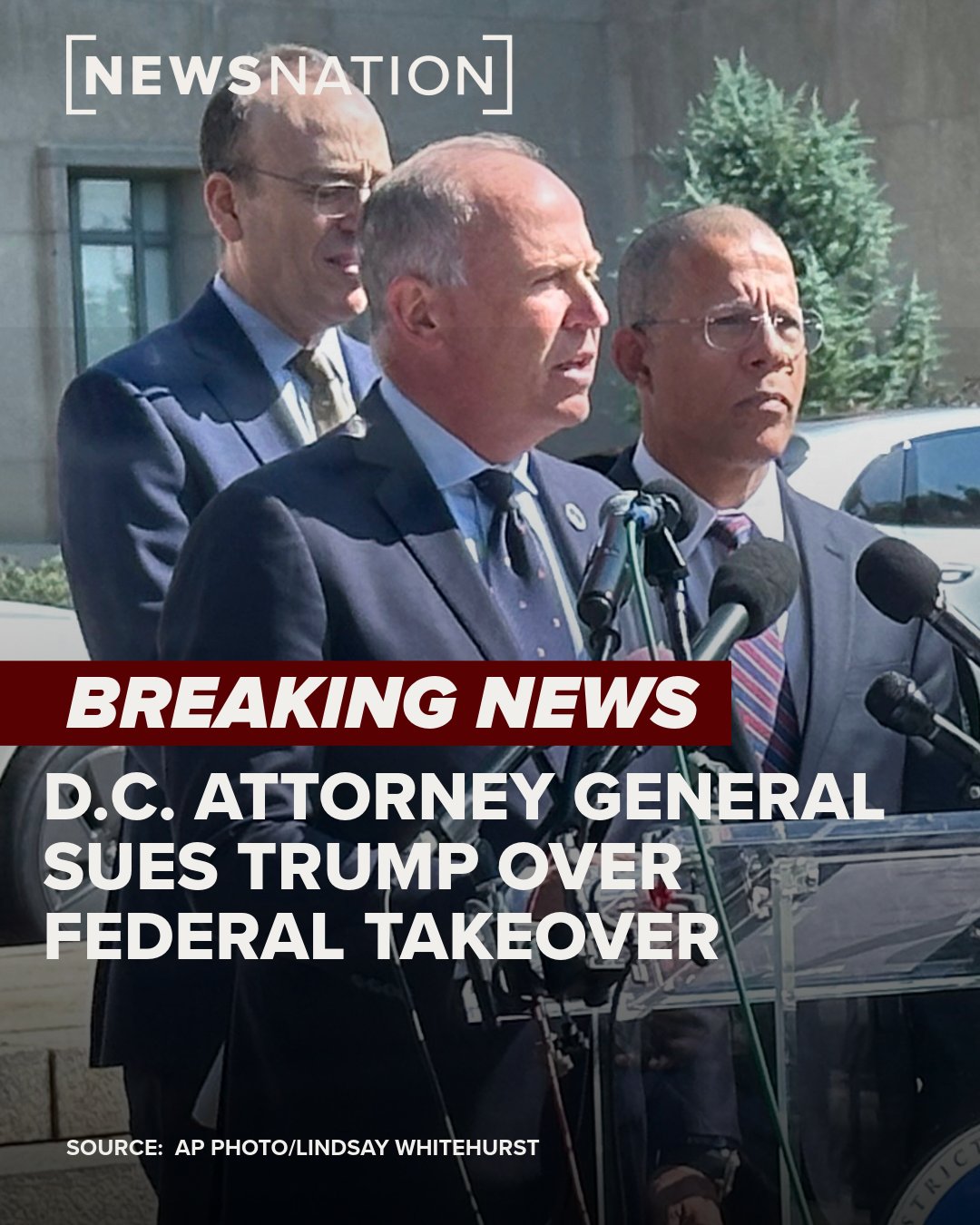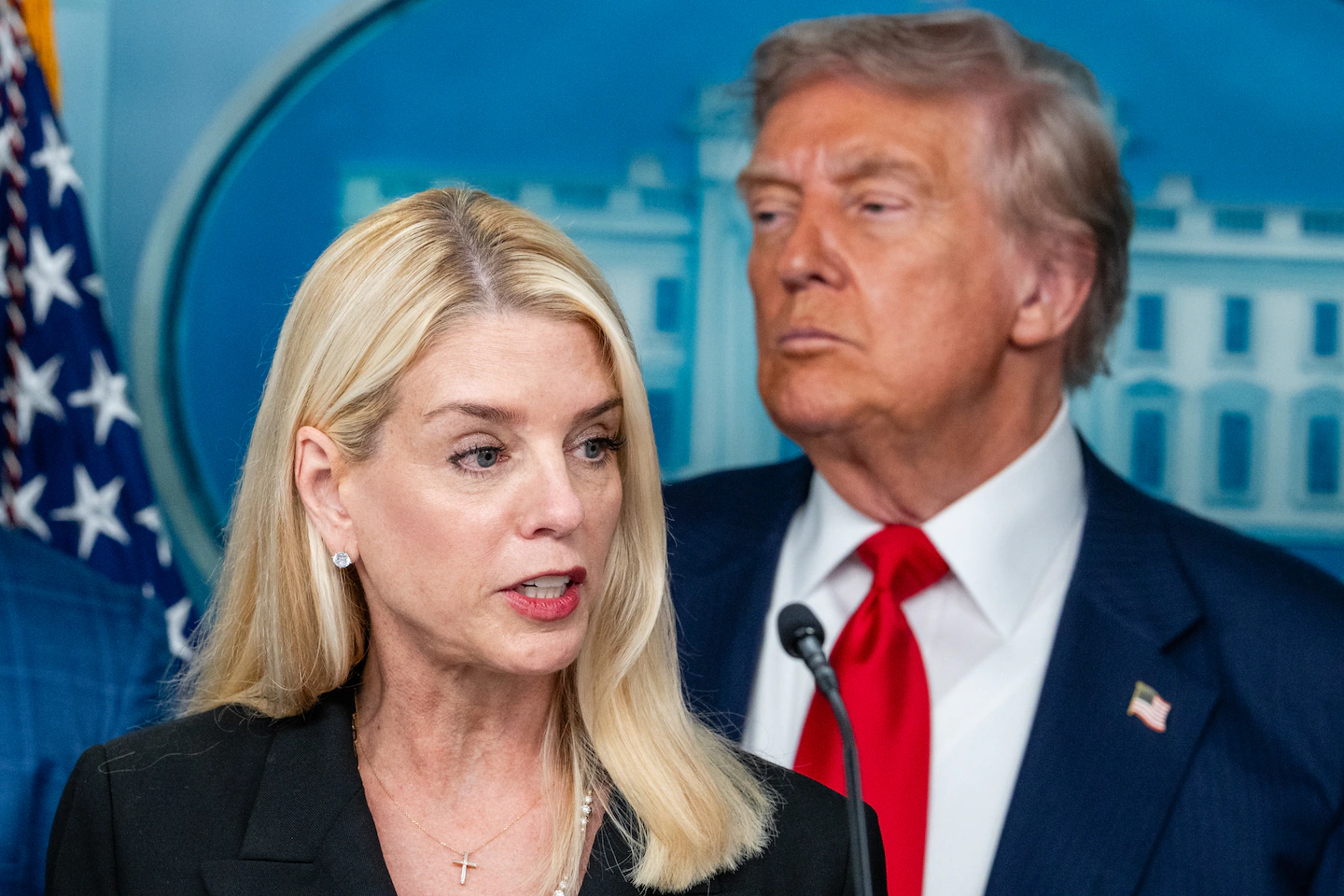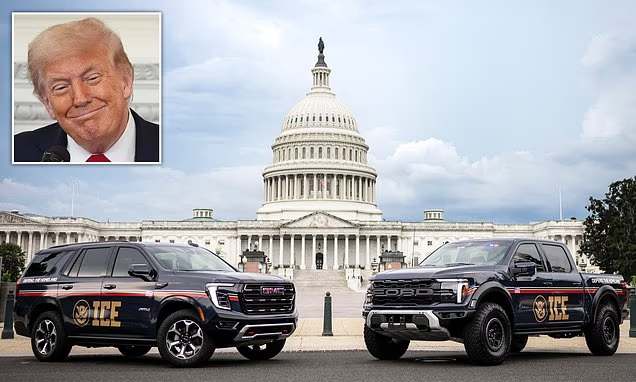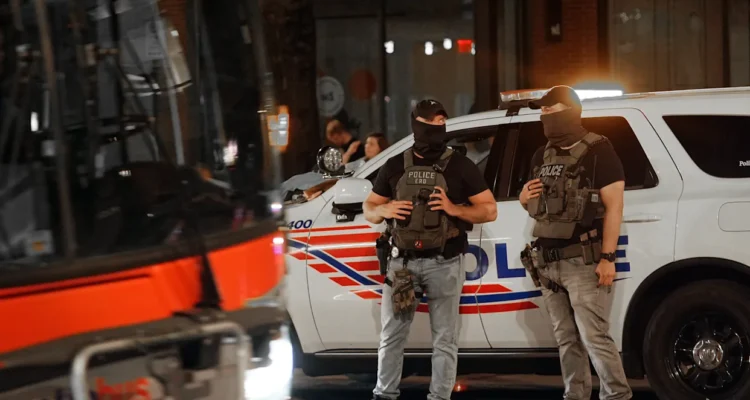In a dramatic escalation of the ongoing debate over federal versus local control, D.C. Attorney General Brian Schwalb has filed a federal lawsuit challenging the Trump administration’s assertion of sweeping authority over the Metropolitan Police Department (MPD). The lawsuit accuses the administration of orchestrating a “hostile takeover” of the city’s police force by surpassing its legal powers under the District of Columbia Home Rule Act.

Key Allegations in the Lawsuit
-
Attorney General Schwalb is seeking both an emergency temporary restraining order and a declaratory judgment to block U.S. Attorney General Pam Bondi’s directive that appointed DEA Administrator Terry Cole as “emergency police commissioner,” granting him all the operational authority of the MPD Chief of Police.
-
The lawsuit asserts that the actions by Bondi and the Trump administration exceed the narrow, emergency-based authority conferred by Section 740 of the Home Rule Act, which allows limited federal involvement in MPD operations for up to 30 days—never before has it been used to alter the chain of command.
-
Schwalb denounces the federal directive as “unlawful,” stating that it “infringes on the District’s right to self-governance and puts the safety of DC residents and visitors at risk,” calling it the gravest threat to Home Rule since its inception.
Local Leaders React
-
MPD Chief Pamela Smith, in her court filing, warned the directive would destabilize the department’s command structure and severely hinder law enforcement operations. “In my nearly three decades in law enforcement, I have never seen a single government action that would cause a greater threat to law and order than this dangerous directive,” she wrote.
-
D.C. Mayor Muriel Bowser echoed the legal concerns, stating unequivocally that “there is no statute that conveys the District’s personnel authority to a federal official”.

Federal Justification and Wider Context
-
The Trump administration justified the move by invoking Section 740 of the Home Rule Act, citing a crime and homelessness emergency in the District. The law requires the President to notify Congressional leaders within 48 hours and grants limited authorization for federal control; however, Schwalb argues that full operational seizure of MPD far exceeds this scope.
-
Notably, the city’s crime statistics indicate a decline in violent crime, undermining the administration’s rationale for such drastic measures.
-
This is among the most forceful exertions of federal power over local governance in D.C. since home rule began, drawing both legal scrutiny and public protest.
Next Steps: Court Hearing Scheduled
A federal judge has scheduled a hearing today at 2 p.m. local time to consider the motion for a temporary restraining order, potentially determining whether the administration can maintain its unprecedented control over the MPD while the legal battle unfolds.

What’s at Stake
-
Legal Precedence: A ruling in favor of D.C. would reaffirm the limits of federal authority under the Home Rule Act and protect the autonomy of local governance. Conversely, a court victory for the administration could pave the way for broader federal intervention in city policing.
-
Operational Stability: The controversy raises urgent questions about command, decisiveness, and safety within MPD—concerns eloquently voiced by Chief Smith.
-
Democracy and Home Rule: At its core, the dispute questions the extent to which federal powers can override the democratic will and structure of D.C.’s local government.
This clash reverberates beyond the capital—setting a potential precedent for federal-local power dynamics across the country.

